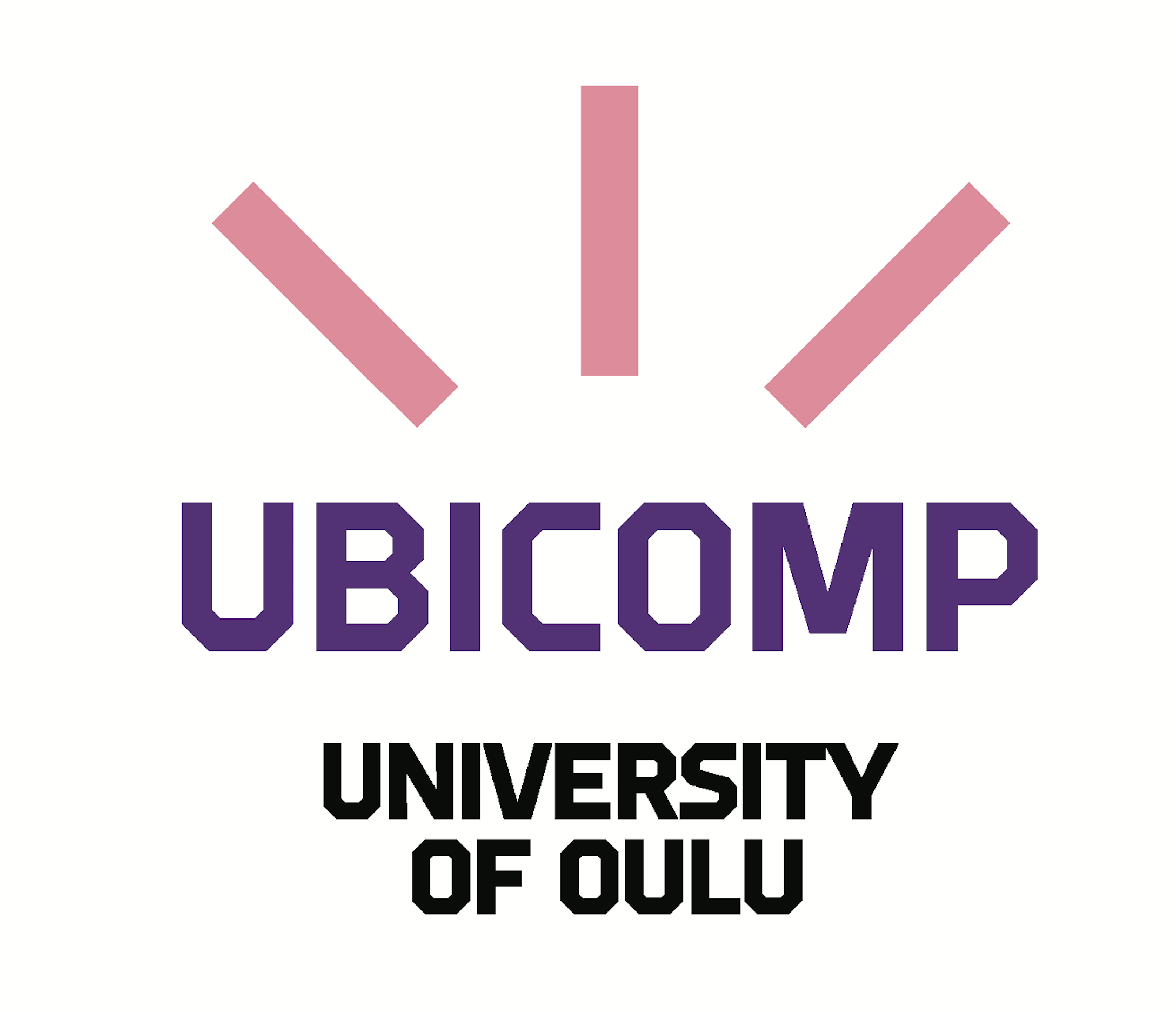The Vienna Winter School on Transnational Organised Crime has been supported by a number of institutions listed below. We appreciate everybody’s contribution! Thank you.
European Consortium for Political Research (ECPR)
The European Consortium for Political Research (ECPR) is an independent scholarly association, established in 1970. Its 350 institutional members across around 50 countries represent the leading universities, students and senior academics engaged in the research and teaching of political science worldwide. It supports and encourages the training, research and cross national co-operation of political scientists in a number of ways: a programme of world renowned conferences and events and a cutting edge Methods School, all with funding opportunities for members; a prestigious publishing portfolio which includes book series and three leading journals; its own publishing imprint, ECPR Press; and a range of high profile prizes celebrating academic achievement throughout the discipline.

United Nations Office on Drugs and Crime (UNODC)
The Winter school is being organized in support of the objectives of the Education for Justice Initiative.
Education for Justice (E4J), an initiative of the United Nations Office on Drugs and Crime (UNODC), was developed as a result of the Doha Declaration on Integrating Crime Prevention and Criminal Justice into the Wider United Nations Agenda to Address Social and Economic Challenges and to Promote the Rule of Law at the National and International Levels, and Public Participation, which was adopted by the 13th United Nations Congress on Crime Prevention and Criminal Justice in 2015. The E4J initiative is aimed at building a culture of lawfulness among children and youth through the provision of age-appropriate educational materials on topics related to criminal justice, crime prevention and the rule of law, and the integration of those materials into the curricula of all education levels. At the university level, E4J aims to facilitate and promote teaching and research on issues related to UNODC mandate areas, including anti-corruption, organized crime, human trafficking, migrant smuggling, counter-terrorism, cybercrime, criminal justice and arms trafficking, as well as on integrity and ethics.

University of Bath
The University of Bath was established by Royal Charter in 1966. It is a public university located in Bath, Somerset, UK. Its mission is to deliver world-class research and teaching, educating our students to become future leaders and innovators, and benefiting the wider population through our research, enterprise and influence. For more information, see the University’s official website.

The Global Initiative Against Transnational Organized Crime
Founded in 2013 and headquartered in Geneva, The Global Initiative comprises a network of nearly 300 independent global and regional experts working on human rights, democracy, governance, and development issues where organized crime has become increasingly pertinent. The Global Initiative provides a platform to promote greater debate and innovative approaches as the building blocks to an inclusive global strategy against organized crime. It commissions and shares research globally; curates a robust resource library of 2,000 reports and tools specific to organized crime; and uses its tremendous convening power to unite both the private and public sectors against organized crime. Through a range of channels, the Global Initiative seeks to project the expertise of its Network members outwards and to make it available to a broader range of stakeholders, including through developing the evidence basis for policymaking; convening and facilitating multi-sectoral dialogue; and developing tools and programmes necessary to further the development of effective responses.

Center for Ubiquitous Computing, University of Oulu, Finland.
The Center for Ubiquitous Computing is located at the University of Oulu’s Linnanmaa Campus, and housed in a modern purpose-built facility. With an annual budget of €2.6 million and world-class infrastructure, the center’s mission is to conduct research on the next generation of interactive technologies. The scope of the research cuts across Ubiquitous Computing and Human-Computer Interaction, with a distinct focus on application-driven research. Our work spans the development of techniques for modelling human behaviour, augmenting physical spaces, and systems engineering to enable ubiquitous applications and services. More…


